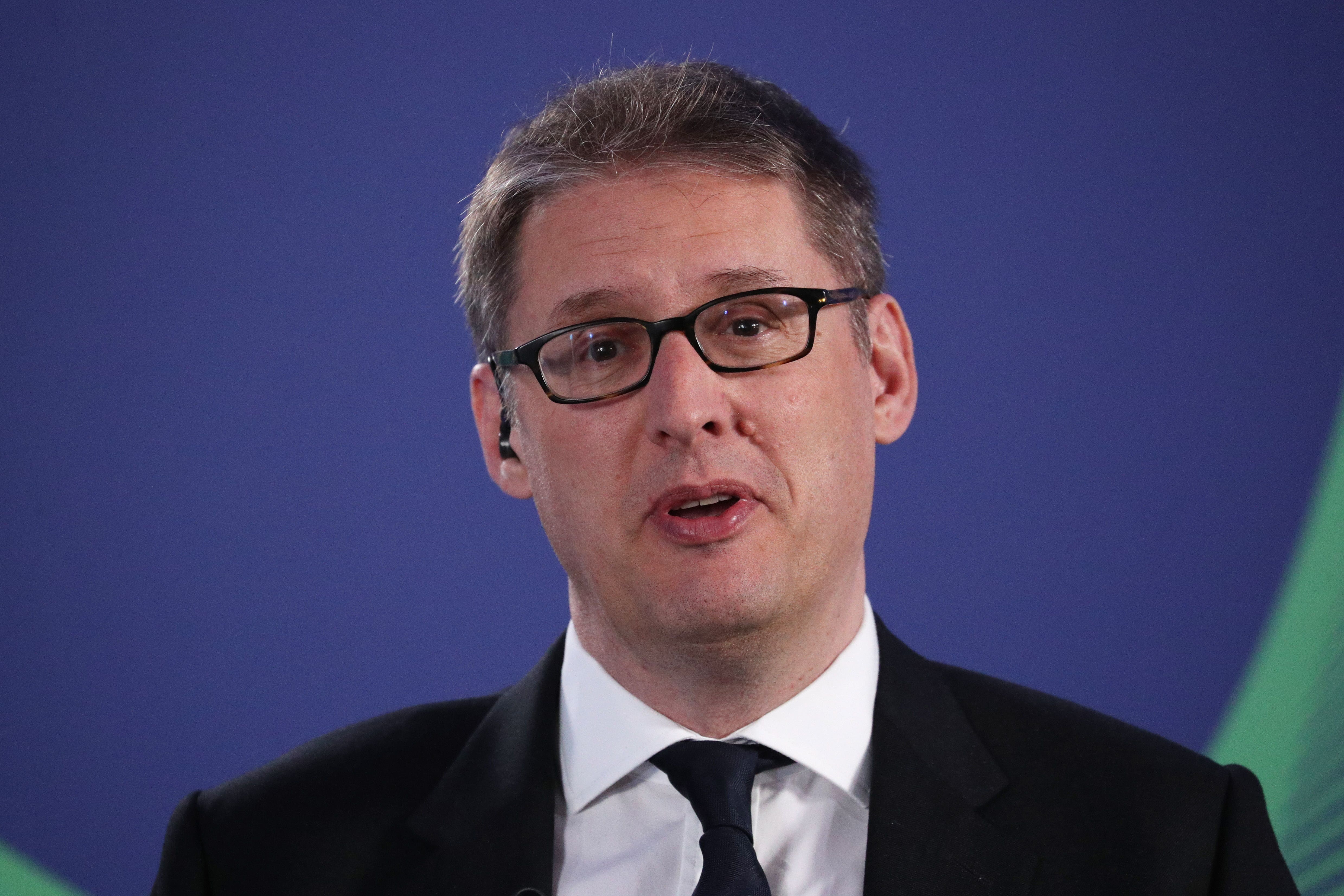CBI sexual misconduct claims are already a learning moment for firms
Even as the investigation is under way, employers must ensure that whistleblowers and women feel able to speak, writes James Moore


In the wake of the alleged workplace abuse scandal engulfing the CBI, any business leader appearing in the media will be asked about their membership of the lobby group.
Their answer is likely to be along the lines of that given by Andy Wood, chief executive of Suffolk brewer Adnams, who told the BBC: “I was discussing this with our senior management team only this week, so yes, it [membership] is on our agenda. But we would prefer to see the CBI sort itself out. It needs to be setting the standards here. Where we are at the moment is unacceptable.”
News of the scandal emerged when the CBI’s director general, Tony Danker, “temporarily” stepped aside while allegations of workplace misconduct were investigated. Subsequently, further allegations of wider sexual misconduct in the organisation were made by more than a dozen women, the most serious of which concerns an alleged rape during a staff party held on a boat in 2019.
Fox Williams, a law firm drafted in to investigate Danker, has had its remit widened; preliminary findings from the first part of the investigation will be submitted to the CBI board over Easter.
With the CBI’s future now open to question, this is no time for foot-dragging. Reaction to the news has been swift and devastating; the government “paused engagement” with the organisation, depriving the business community of an important voice in policymaking. Senior figures have pulled out of events; for example, Andrew Bailey, the governor of the Bank of England, cancelled his appearance at the CBI’s flagship annual dinner.
Adnams is not the first prominent business to confirm publicly that it is reconsidering its membership. Rolls-Royce has also said that it is doing so, and M&S, which has a sizeable female customer base, has written to the CBI’s acting director general Matthew Fell to seek assurances about how the allegations of sexual misconduct will be handled.
Perhaps their concerns are not without justification; the CBI said it had found no evidence or record of the alleged rape, but according to The Guardian, the victim approached a manager only to be advised to seek counselling. HR departments are supposed to be the first place employees should go with a problem like this, but in practice they may very well be the last, especially if a complaint involves a powerful individual within an organisation. Power, and the failure to properly manage imbalances of it, is how these things get started.
The CBI has sometimes advised its members on how they should act; shortly before the scandal broke, Danker had urged businesses to be “progressive with a small p”.
“This is not about politics,” he stressed. “Without strong societal values, a central sense of purpose, a commitment to better employee lives, and active diversity and inclusion strategies, you will lose the talent war.”
The hard fact is that this sort of thing can happen at any organisation; even as the results of the CBI investigation are awaited, other employers might be encouraged to take a serious look at their own systems, in order to ensure that whistleblowers are able to come forward and feel safe in doing so – and that women feel able to speak.
Join our commenting forum
Join thought-provoking conversations, follow other Independent readers and see their replies
Comments
Bookmark popover
Removed from bookmarks